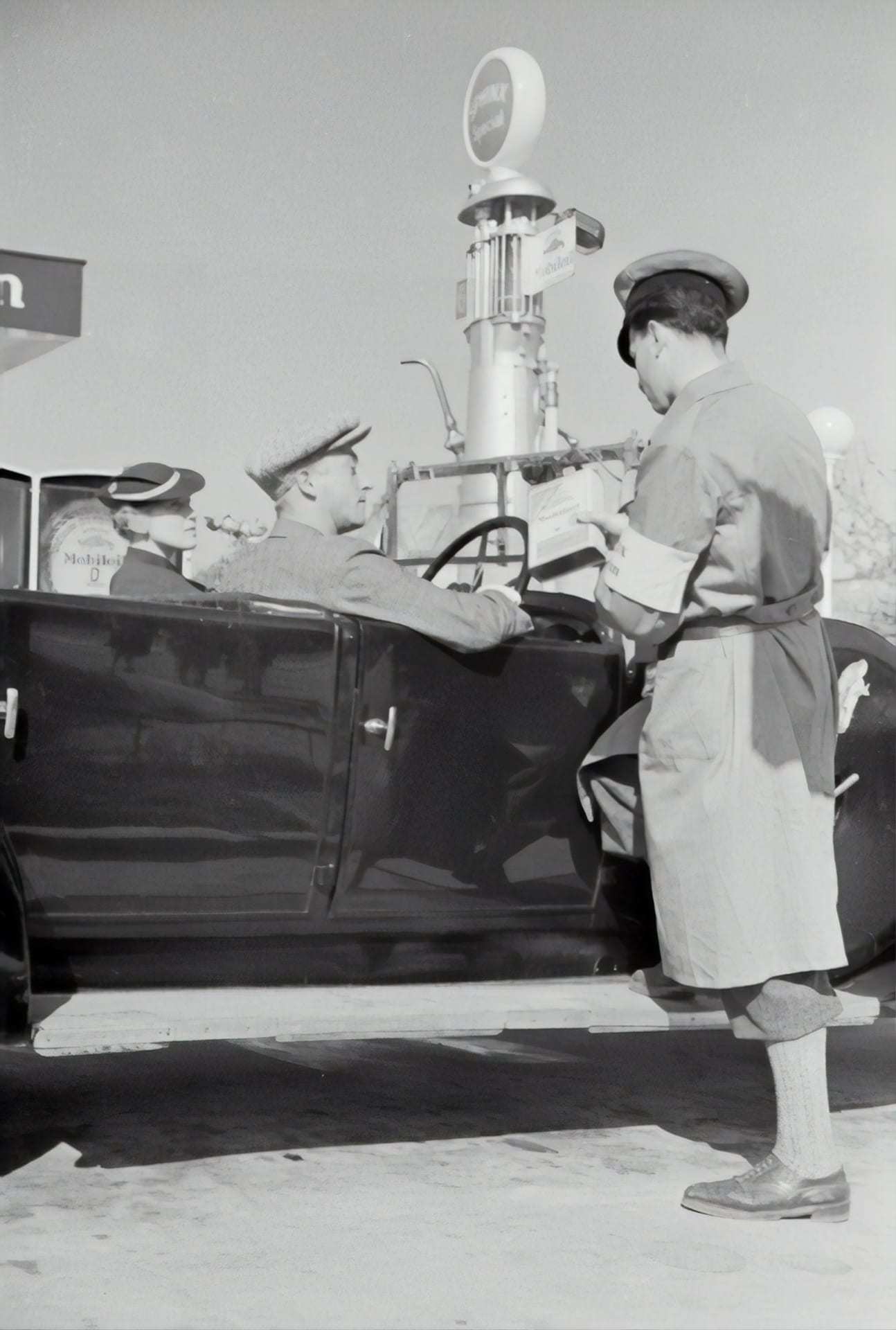Neue Artikel
Benzinfresser Luftmassenmesser
We often receive reports from customers with a defective air flow meter that their vehicle sometimes uses up to 50% more fuel.
The 10 most important tips to reduce your fuel consumption:
- avoid short trips
Half of all journeys are shorter than five kilometres. These are then also the most expensive journeys, because a cold engine consumes above-average amounts of fuel. It also takes a while for the catalytic converter to warm up. Conclusion: More often on foot or by bike - do not allow the engine to warm up and shift into second gear after only one car length.
As a rule, you can shift into third gear at 30 km/h, into fourth gear at 40 km/h and into fifth gear at 50 km/h. - avoid unnecessary weight and air resistance in and around the car
Roof superstructures, rear rack and ballast in the trunk increase the weight and air resistance of the vehicle and thus also the fuel consumption. An additional 100kg in the vehicle increases fuel consumption by about 0.5 litres per 100 kilometres. - switch off “power guzzlers
Air conditioning, heated seats, electric windows and sunroof need energy and therefore fuel, so use it sparingly. - smooth running helps to save
Low-friction rims have lower rolling resistance or mass and, according to the Federal Environment Agency, reduce fuel consumption by up to five percent. The same applies to synthetic fuel-efficient oils. They cause less frictional resistance in the engine and distribute themselves better and faster, especially during cold starts. - check your tyre pressure regularly
A slightly higher tyre pressure (0.1 to 0.3 bar) reduces rolling resistance and thus lowers fuel consumption. Use the recommended pressure for full load. - do not speed on the motorway – at speeds above 100 km/h, fuel consumption increases disproportionately.
- switch off the engine at traffic lights, level crossings and in traffic jams
This applies in any case to downtimes of one minute or more. For newer vehicles, experts even assume all times of ten seconds or more. However, this only applies to engines that have already warmed up. - round trip instead of rally
Drive several things directly one after the other, not individually. This saves kilometres and also the engine usually stays warm.
Avoid traffic jams or rush hour. Record traffic jam messages when driving on the motorway. If necessary, a navigation system can help you avoid traffic jams. - replace defective lambda sensors and air flow meters promptly.
Both the lambda sensor and the air flow meter send measured values to the control unit, which determines the fuel and air mixture. If these sensors deliver incorrect values, consumption will increase. A defective lambda sensor, for example, can increase fuel consumption by 15% or more.
The same applies to clogged air filters and burnt spark plugs.

